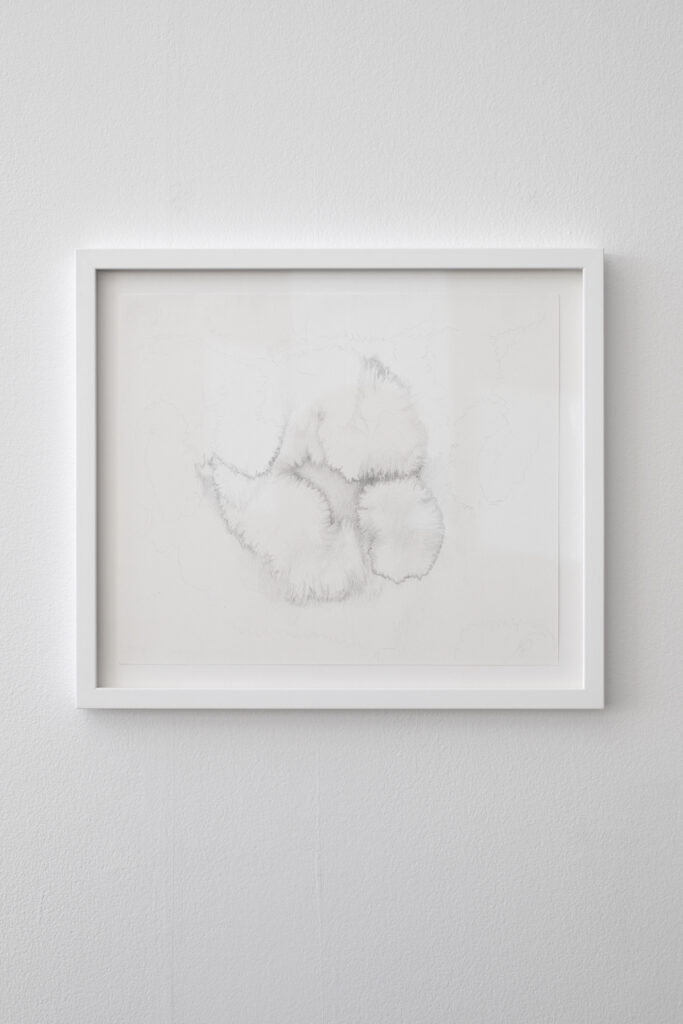Consider yourself in front of the mirror. Countless moments you’ve stood in front of the mirror. Disheveled clothes. Different states of your naked self. Diverse moods. Your hair in various states of disarray. Consider other people. Disinterested smiles. Interrogative gazes. In front of this mirror in February 1907. On a Monday in 1989. November 2016. Consider each human. A sense of falling apart.
All our movements in order to regain composure. A meeting between entropy and order, an experience of time that cannot be clocked, a distinctly human sense of self.
Karlotta Blöndal’s contribution to the 2019 Sequences Biennial is a multilayered study on time from a perspective that might be considered unexpected in a digitized paradigm, but one that relates some of the core questions of an alternate take on our future: that of the postdigital age. The deeper humans and machines become enmeshed, the more a perennial question arises: Is there such a ‘thing’ as distinctly felt experience of human time? For the study, Blöndal chooses a portrait of a well-known medium, intimately, perhaps the best-known medium: the mirror. A companion that rarely draws attention to itself in-itself, the mirror often serves as the perfect ideal of objective representation. But through a series of regressive abstractions, Blöndal draws something that approximates the specular in-itself, layers upon layers of human movement in front of the mirror, what remains when every objective feature of the human body has been eliminated. Since classical antiquity, Western thinkers such as Parmenides and Heraclitus have debated on the nature of time; whether it’s sequential, merely an illusion, or something akin to a flowing river. In the East, such questions formed the initiation ground for the way of the enlightened ones. Today, in our age of digitized screens, the question might seem to have been settled: Time is merely sequential, an interplay of zeroes and ones. But something remains, doesn’t it? this is what Karlotta Blöndal is orientating our gaze towards: Something specular that leaves a negative imprint on the very medium that was meant to capture our selves.
– Valur Brynjar Antonsson
